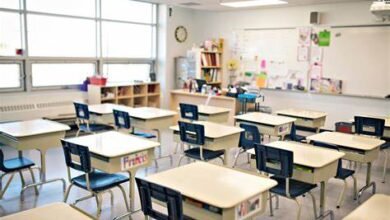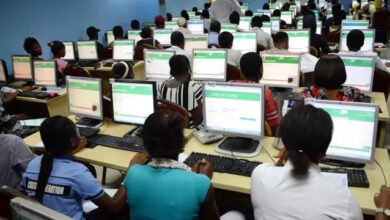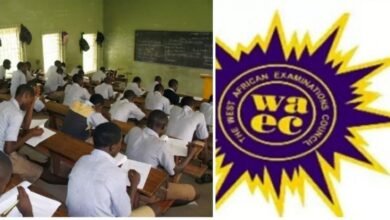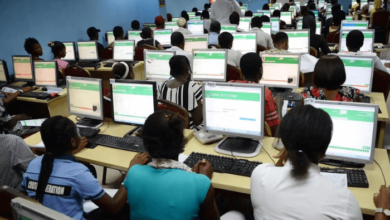Trump Announces New Department of Education Guidance to Protect Prayer in Public Schools
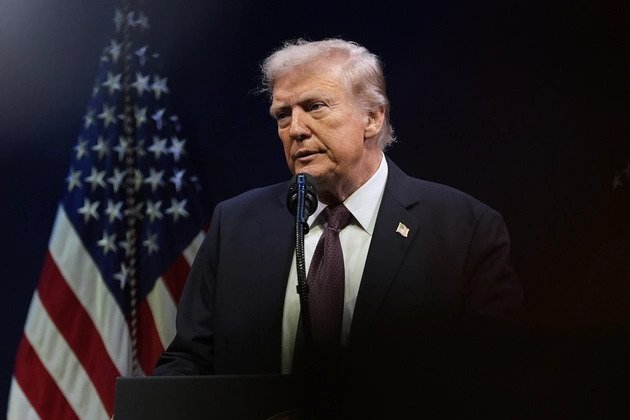
President Donald Trump announced that the Department of Education will soon release new guidance protecting prayer in public schools during a Sept. 8 hearing of his Religious Liberty Commission, held at the Museum of the Bible in Washington, DC.
Framing the event around the theme “Religious Liberty in Public Education,” Trump vowed to defend “the Judeo-Christian values of our founding,” accusing schools of indoctrinating students with “antireligious propaganda.”
While students already have the right to pray individually in schools, Trump said the new guidance would reinforce protections.
The nearly hour-long speech also touched on issues ranging from crime in Washington, DC, to alleged “anti-Christian bias,” and included sharp criticism of Sen. Tim Kaine, D-Va. Trump ended his remarks with a prayer and a promise that the U.S. is “at the very beginning of a golden age.”
Faith leaders and advocates on both sides responded strongly. Cardinal Timothy Dolan praised Trump for prioritizing religious freedom, while critics like Americans United for Separation of Church and State said the hearing resembled “a church service” and warned it advanced Christian nationalism over true religious liberty.
The commission, chaired by Texas Lt. Gov. Dan Patrick, has faced scrutiny for its lack of representation from minority faiths. Civil liberties groups argue its work could erode the separation of church and state, particularly as debates intensify over issues like displaying the Ten Commandments in classrooms and parental opt-outs from LGBTQ+ curriculum.
The Sept. 8 hearing featured testimony from students who said they faced censorship for their Christian beliefs, as well as high-profile speakers like Franklin Graham, who warned of a “demonic-type takeover” by teachers’ unions, and Phil McGraw, who described the moment as a “religious and cultural war.”
At the heart of this debate lies the child’s right to freedom of thought, conscience, and religion. Students have the right to pray voluntarily in school, to express their faith, and to be free from discrimination on the basis of their beliefs.

